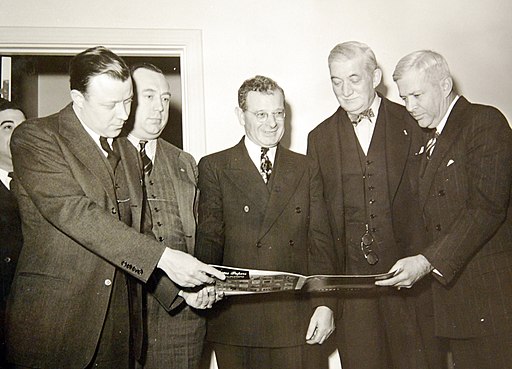
Every ten years, based on the results of the decennial US census, state legislatures redraw their US House districts. Some states gain seats, some lose seats, still others go through internal population shifts that require reorganization.
On February 7, the US Supreme Court “froze” a lower court ruling invalidating Alabama’s new district map, allowing its use while it hears a suit over the map’s details.
The plaintiffs’ argument, as reported by CNN, is that the new map “dilutes” the power of black voters because it includes only one, rather than two, districts where black voters comprise a majority and therefore “have the opportunity to elect a candidate of their choice.”
Alabama’s majority-white, majority-Republican legislators seem to assume that black voters will only support black — and probably Democratic — candidates. They’re trying to shove as many black voters as possible into one overwhelmingly black /Democratic district and scatter the rest across majority white/Republican districts.
The plaintiffs seem to assume not only that black voters WILL act according to that same formula, but that they SHOULD do so, and that the lines should be redrawn to create two black/Democratic districts.
Both sets of assumptions are openly and shamefully racist. They’re based on the idea that the only thing that matters — the only thing that can POSSIBLY matter — when it comes to voting, party affiliation, and political representation is skin color.
If voters want to vote based on race, they will do so whether I like it or not. But gerrymandering congressional districts specifically to give weight and power to that practice and produce outcomes based on it, is classic Jim Crow “separate but equal” segregationism.
If we’re going to continue tolerating political government (someday we’ll undo that poor decision, I hope) and aspire to a “representative democracy,” districting for that representation should take no more account of skin tone than it does of sex/gender, profession, hobbies, or tastes in music.
One way to desegregate congressional districting might be to eliminate districts altogether and just elect all US Representatives “at large” state-wide.
Another might be to use an algorithm that starts at one corner of a state and works toward the opposite corner, drawing rational, contiguous districts of equal population as it goes, and taking no account of racial or other demographic elements.
There might be other solutions, but gerrymandering to create “whites only” / “blacks only” voting booths in ANY proportion isn’t one of them.
Thomas L. Knapp (Twitter: @thomaslknapp) is director and senior news analyst at the William Lloyd Garrison Center for Libertarian Advocacy Journalism (thegarrisoncenter.org). He lives and works in north central Florida.
PUBLICATION HISTORY


